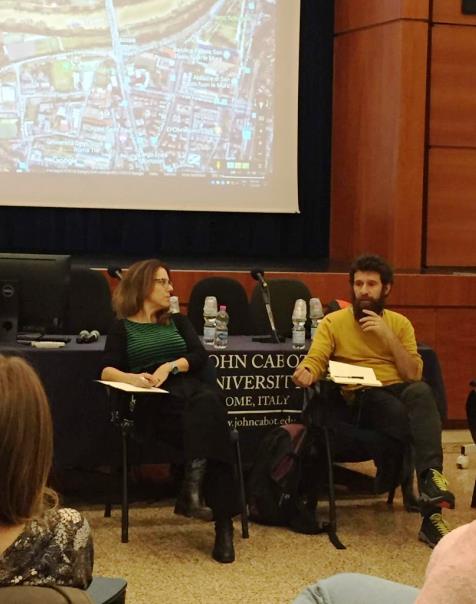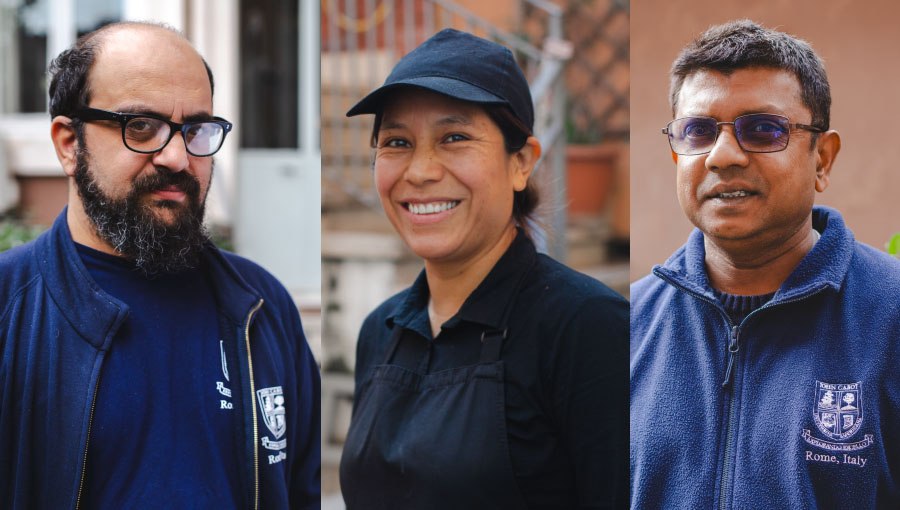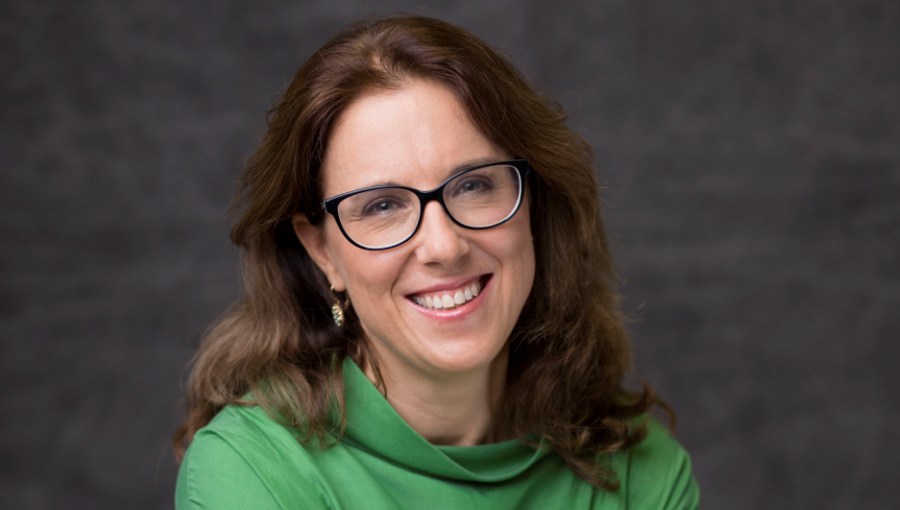ARPJTETTO Onlus: The Challenges of Running an NGO in the Italian Context

ARPPJTETTO Onlus – Ulderico Daniele
On November 8, 2018, Professor Isabella Clough Marinaro introduced the third lecture organized by JCU Service Learning this term. Guest Speaker Ulderico Daniele is the President of a Roman organization called ARPJTETTO Onlus. Founded in 1953, ARPJTETTO mainly works with women, children and young people in disadvantaged conditions. More specifically, their goal is to offer these vulnerable groups the opportunity to become protagonists of their own future within their communities. Daniele and his colleagues reach this goal by providing educational services, residential care services, training activities, and healthcare to those in need.
The diverse backgrounds and academic careers of JCU students gave Daniele the opportunity to start his lecture by explaining how the humanitarian field and the history of ARPJTETTO resembled the diversity represented in the audience.
Daniele walked our students through the administrative, bureaucratic, and legal changes that have occurred since 1953, ultimately shaping the NGO’s approach to helping the marginalized. He focused on how crucial adaptability is in the humanitarian field. By illustrating the history of the NGO’s tasks and responsibilities, Daniele underlined the key role of the historical context when it comes to working with vulnerable groups. He gave examples of ARPJTETTO ’s activities, which range from hosting orphans to creating soccer teams for the Roma population’s youth, to helping neighborhood’s children with homework, to helping asylum seekers formalize their legal status.
Two important aspects of working in an NGO are professionalism and funding. ARPJTETTO was confronted with challenges at the end of the 1990s when a civilian volunteer service known as servizio civile was instituted in Italy as an alternative to military service. The increased number of volunteers, as well as other important social concerns, led to the introduction of new legislation defining clear requirements for the funding of NGOs. Local administration limited freedom in decision-making but became key for better organization. “Even though many might see the role of public administration as limiting and may view NGOs as organs that pick up where the state left off, I do not believe this to be true. Contrarily, I highly encourage collaboration between the third sector and local governments so to better expose areas that need work and experiment with new intervention methodologies that could benefit many other organizations,” explained Daniele.
Additionally, in the early 2000s, the local government required that NGOs include professional figures (i.e. psychological consultants, social workers, practitioners, etc.) among its constituents, and not merely operate through volunteers. However, Daniele maintained his position on the fundamental role of volunteers. “Working in the humanitarian field often goes beyond a 9 am to 5 pm job. You have to set clear boundaries and remember that the work entails distinct responsibilities. Moreover, there is a need for scientific knowledge in order to identify and tackle issues within communities. Nevertheless, without the efficiency, positive attitude, and utmost selflessness of our volunteers, our NGO would not have thrived,” said Daniele.
Lastly, the most groundbreaking feature of ARPJTETTO is that the center is operational 24/7. In fact, the practitioners and volunteers who live within the structure face one of the most critical challenges in this field: detachment. Detachment from issues is essential in order to avoid demoralization and burn out. For example, it is important not to become disheartened by the lack of immediate results: one must make sure not to lose drive and vision of the bigger picture. “Everything a volunteer does goes towards the bigger picture and aims for the long run. We are not here to design other peoples’ prospects. We are attempting to teach women and children how to stand on their own two feet and be the protagonists of their own future. It takes time and sometimes we may not be here to witness the results.
Given the students’ receptiveness to Daniele’s lecture, as well as their curiosity to learn more about the projects of ARPJTETTO Onlus, the Service Learning Team has invited him for a follow-up lecture in Spring 2019.
(Maria Teresa Di Benedetto)





